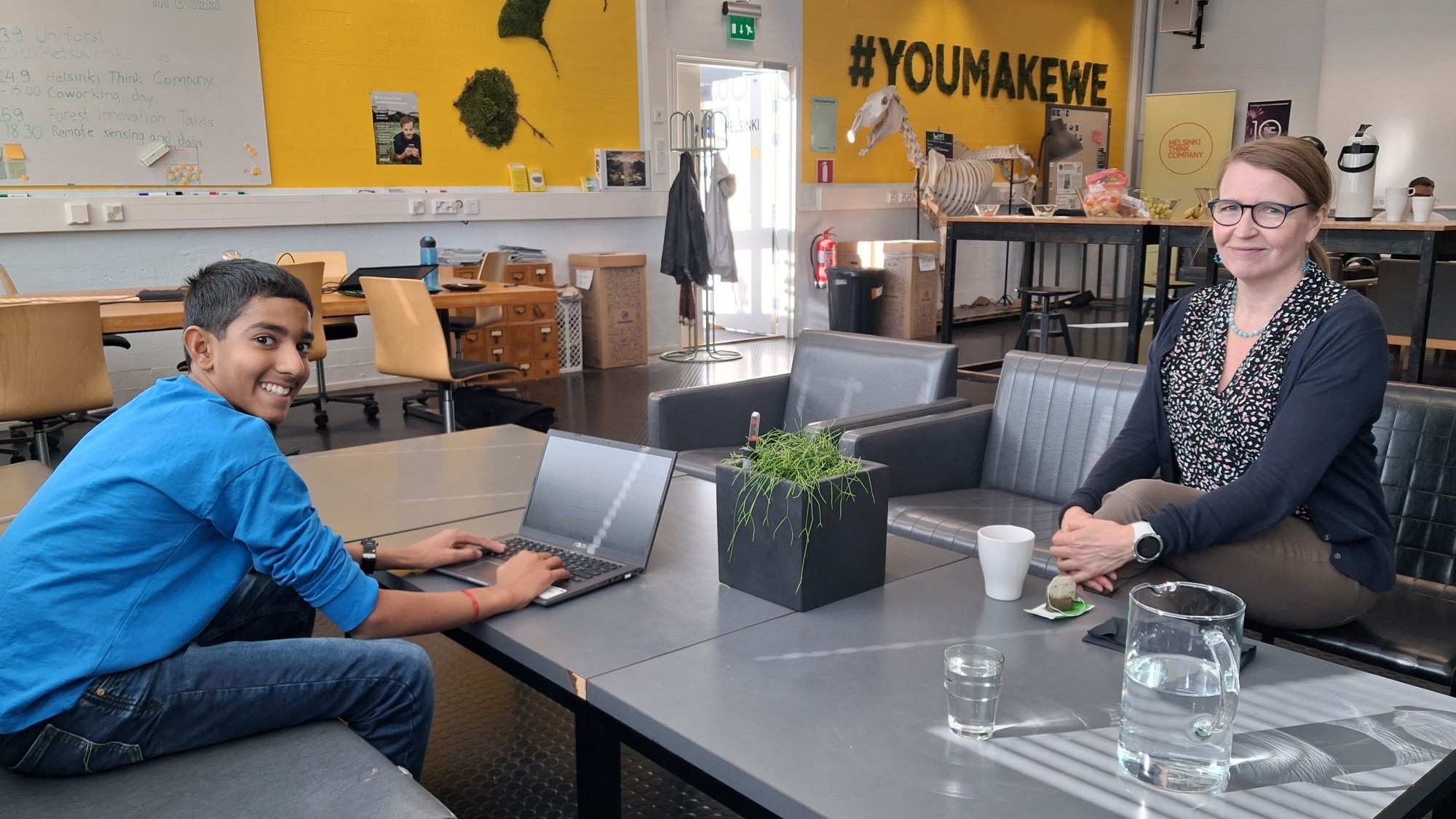“Science doesn’t tell you whether or not to lick toilet seats. It just tells you what you’re licking up.” Mai Thi Nguyen Kim, German health influencer
Let’s break this statement into two parts:
“Science doesn’t tell you whether or not to lick toilet seats.“
The integration of science in the decision-making processes of businesses is overall not a self-evidence. To help us understand the circumstances, Mai Nguyen makes the absurd example of toilet seat licking. Science is not there to tell you what to do nor what to think, whether you should lick a toilet seat or not. Rather it should support the entrepreneur to assess and narrow down all available options to achieve the best decision. In today’s modern world with many advances, scientific research or newest data does not automatically mean that those will dictate how an owner governs their business. Its is they, the very humane entrepreneur who makes the final call for their enterprise – sometimes even based on a hunch or personal interest. Therefore it can be good decision-making skills and market insight that can make the difference in a competitive environment. The number of factors influencing daily operations, such as cash inflow and outflow or human resources can be sometimes overwhelming. This in turn can create ripple effects, as making the entrepreneur hesitant regarding reforms or growth expectations – to even blocking innovation and development of the enterprise. So, how can we deal with it? Let’s continue to the next part of the quote to find out.
“It just tells you what you’re licking up.”
Scientific research has the potential to ease our struggle with uncertainty and provide us with assuring answers. It can tell and foresee what “we will lick up”, when an entrepreneur makes a decision for the future of the company.
Not that young entrepreneurs need to conduct or engage in research by themselves, the focus lies more in what to do with available data. Nearly hourly, scientific research offers the public new information about our interests and the reality, from the latest trends to geographic happenings and new markets – something which is a significant benefit for an entrepreneur. Precisely the assessment and use of this information can be transformed into insight – telling us exactly "what we are going to lick up" when making a decision. The real challenge lies in the utilization of scientific findings. Depending on which industry the new business starts, careful examination of the accessible data about the market is crucial for future success. If entrepreneurs learn how to read, understand and interpret the available data to their benefit, it can be a significant competitive advantage. It is scientific work that supports sustainable business decisions and prepares us for the future.





.png)
.png)
























%20(1)-min.jpg)





























.png)


















.jpg)













